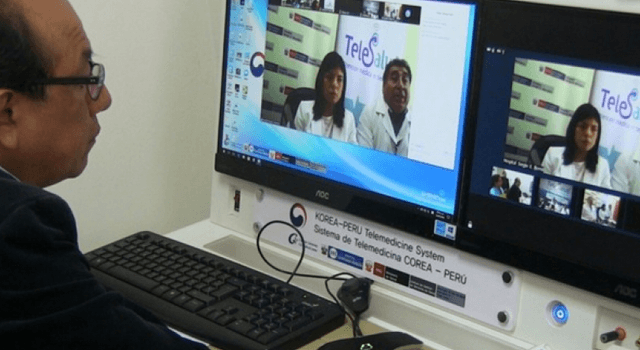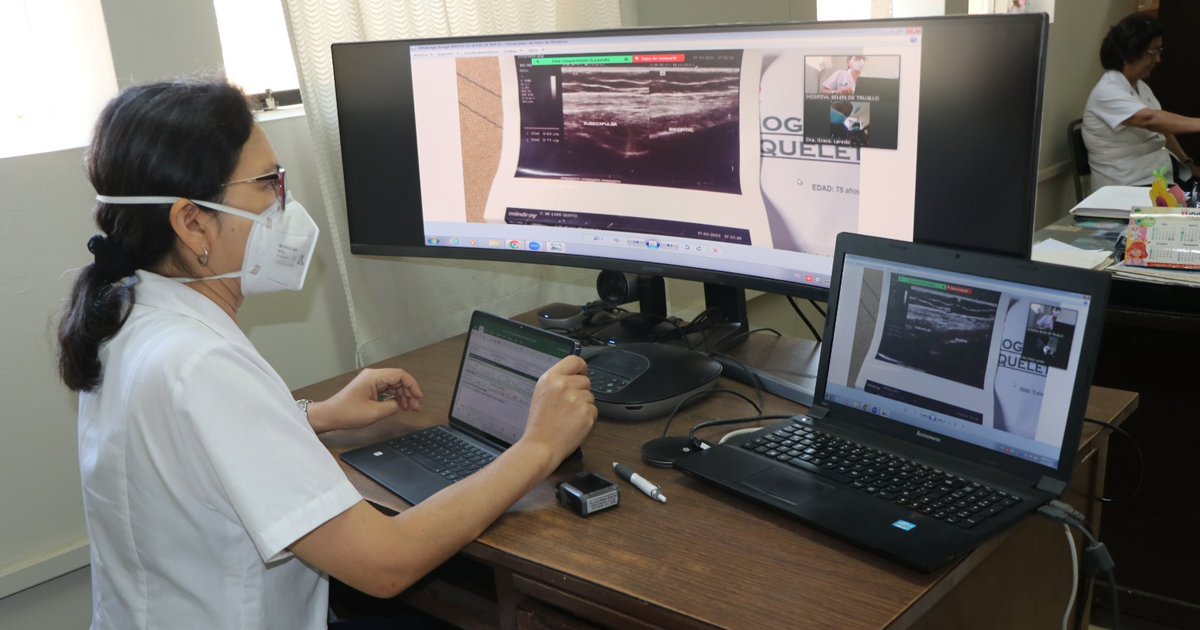Microsoft and University College London Hospitals NHS Foundation Trust (UCLH) announced a strategic collaboration for research into the application of Artificial Intelligence (AI) advances in UK healthcare services.
This collaboration aims to develop research and clinical teams that will drive the creation of AI algorithms that would be tested and implemented at UCLH. One of the objectives is the management of hospital resources and patient demand through machine learning models. In this way they also seek to accelerate the ability of physicians to provide diagnostic medical care.
The collaboration between Microsoft and UCLH will work on several projects, with specific objectives and designs, always taking care of the appropriate use of patient data. Professor Bryan Williams, Director of Research at UCLH and Director of the UCLH Biomedical Research Center said: This is a very exciting development and there is so much opportunity. The best way to realise the real potential of AI for healthcare and develop the right solutions for the NHS, is to create these solutions working together on the ground, in the hospital where these innovations need to be deployed. In this way we move beyond talking about the potential of AI and make it work for patients in the NHS.”

Chris Bishop, who serves as Lab Director, Microsoft Research Cambridge, explained that this partnership aims to design AI-based technologies and clinical practice principles that benefit and address the needs of both clinicians and patients.
One of the initial projects, seeks to analyze the use of AI for predicting the hours and days of fluctuations in demand for hospital care. In this way they will attempt to reduce hospital strain and improve service and patient care.
Another project will involve the use of InnerEye, Microsoft's open-source technology for building AI models through medical images. This will make it possible to speed up radiotherapy preparations for cancer detection.
The three principles established in this new collaboration are as follows:
- Principled and responsible use of data including safeguarding, security and privacy
- A user and design led research approach
- The aim to transform healthcare and drive better personalised patient care outcomes through deep, real world research, with AI amplifying and augmenting the experience for clinicians, healthcare managers and patients (subject to the appropriate regulatory approvals).
“UCLH combines excellent specialist healthcare with ground-breaking biomedical and clinical research and is working on translating that research, through partnership, into real world impact. The collaboration with Microsoft is a major step towards this,” the UCLH explained.






